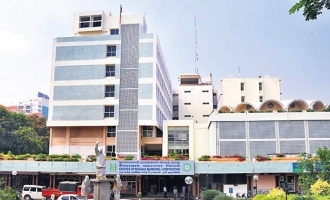Highlights of Union Budget 2024-2025


Send us your feedback to audioarticles@vaarta.com


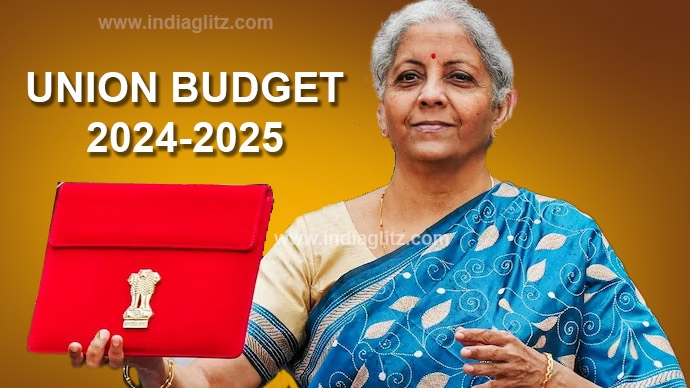
In her seventh consecutive Union Budget for the fiscal year 2024-25 presented in Tuesday, Finance Minister Nirmala Sitharaman outlined the government's major priorities.
The budget focused on nine main areas: enhancing productivity and resilience in agriculture, boosting employment and skills development, promoting inclusive human resource development and social justice, advancing manufacturing and services sectors, fostering urban development, ensuring energy security, improving infrastructure, encouraging innovation, research, and development, and implementing next-generation reforms.
Significant allocations and initiatives aimed at transforming India's education and employment landscape. With a total allocation of Rs 1.48 lakh crore for education and skill development, the budget emphasises enhancing higher education accessibility, promoting skill training, and creating job opportunities for the youth.
Key initiatives include financial support for internships, employment-linked incentives, and targeted programmes for first-time job seekers, reflecting the government's commitment to addressing the pressing challenges of youth unemployment and skill gaps, considering that the Economic Survey tabled in Parliament yesterday noted that only 51% of India's youth are employable.
Here are the key Budget 2024 announcements related to education and jobs:
EDUCATION BUDGET HIGHLIGHTS Total Allocation: Rs 1.48 lakh crore allocated for education, employment, and skilling.
Higher Education Loans: Introduction of financial support for loans up to Rs 10 lakh for higher education in domestic institutions, with e-vouchers provided to one lakh students annually, featuring a 3% interest subvention.
Skill Development Initiatives:
A new centrally sponsored scheme to skill 20 lakh youth over five years. Upgrade of 1,000 Industrial Training Institutes (ITIs) using a hub-and-spoke model to better align course content with industry needs. Revised skill loan scheme: The model skill loan scheme will be revised to facilitate loans up to Rs 7.5 lakh, expected to assist 25,000 students annually.
JOBS BUDGET HIGHLIGHTS Announcement of three new schemes:
First Timers: Incentives for first-time job seekers. Job Creation in Manufacturing: Focus on generating jobs in the manufacturing sector. Support to Employers: Financial support for employers hiring new employees. Direct Salary Support: Introduction of a scheme for the direct transfer of one month's salary (up to ₹15,000) in three installments for first-time employees registered with the Employees' Provident Fund Organisation (EPFO). Employment-linked incentives:
Incentives for both employees and employers based on EPFO contributions during the first four years of employment. Reimbursement of up to Rs 3,000 per month for two years for employers hiring additional employees. Internship opportunities:
Announcement of internships for 1 crore students in top companies, offering a monthly allowance of Rs 5,000 for a 12-month period. Companies will bear the training costs through their Corporate Social Responsibility (CSR) funds. Additionally, interns will receive a one-time support of Rs 6,000. Women’s hostels:
Establishment of women's hostels for working women to support their employment needs. These announcements reflect the government's focus on enhancing educational opportunities, promoting skill development, and creating job opportunities for the youth in India.
Union Budget 2024: A Vision for "Viksit Bharat"
Finance Minister Nirmala Sitharaman presented the Union Budget 2024 on Tuesday, outlining a vision for a "Viksit Bharat" (Developed India) that prioritizes the needs of the poor, women, youth, and farmers. This is the first budget of the Modi 3.0 government and Sitharaman's record seventh budget speech.
Key Themes:
The budget focuses on nine key priorities:
Agriculture: Boosting productivity and resilience through technology and infrastructure.
Employment and Skilling: Creating job opportunities and empowering the workforce through skill development programs.
Manufacturing and Services: Fostering a robust manufacturing sector and promoting growth in services.
Urban Development: Investing in sustainable urban infrastructure and housing.
Infrastructure: Expanding and modernizing transportation, energy, and communication networks.
Innovation and Research: Encouraging scientific advancements and fostering a culture of innovation.
Next-Gen Reforms: Implementing progressive policies for a future-ready economy.
Tax Reforms:
The budget proposes significant changes to the tax regime:
New Tax Regime: The lowest slab was reduced to Rs 3 lakhs, and a revised tax structure was introduced, offering potential tax savings for salaried employees.
Capital Gains: Long-term capital gains on all financial and non-financial instruments will be taxed at 12.5%, while short-term gains on some assets will attract a 20% tax.
Angel Tax Abolition: The "angel tax" for all classes of investors in startups has been abolished, aiming to boost the startup ecosystem.
Corporate Tax Reduction: Foreign companies will enjoy a reduced corporate tax rate of 35% from 40%.
Boosting Employment and Skill Development:
The budget introduces various schemes to generate employment and empower youth:
Formal Sector Wage Support: The government will provide one month's wages to newly employed individuals in the formal sector.
EPFO Contribution Incentive: The government will reimburse EPFO contributions of employers for new hires in the manufacturing sector.
Internship Program: One crore youth will receive internship opportunities in 500 top companies, with a monthly allowance and one-time assistance.
Infrastructure Development and Regional Focus:
The budget prioritizes infrastructure development across the nation, with particular focus on certain states:
Bihar: Rs 26,000 crore allocated for highways, Rs 15,000 crore for new airports, medical colleges, and sports infrastructure, and Rs 11,500 crore for flood mitigation.
Andhra Pradesh: Rs 15,000 crore for the development of the capital, grants for backward regions, and funding for the completion of the Polavaram Irrigation Project.
Supporting MSMEs and Affordable Housing:
The budget offers support for MSMEs and promotes affordable housing:
MSME Guarantee Scheme: New MSME guarantee plan enabling loans up to Rs 100 crore.
Collateral-Free Loans: Government to launch an MSME credit guarantee scheme for collateral-free loans.
Prime Minister's Urban Housing Plan: Rs 10 lakh crore allocated for this initiative.
Other Key Announcements:
Customs Duty Changes: Reductions in customs duty on items like mobile phones, gold, silver, platinum, cancer drugs, seafood, leather, and footwear.
Solar Energy: No extension of customs duty on solar energy-related parts and expanded list of exempted capital goods for solar manufacturing.
PM Suryaghar Muft Bijli Yojana: Scheme to provide free electricity to one crore houses.
Flood Relief: Assistance provided to Assam, Himachal Pradesh, and Uttarakhand.
Overall, the Union Budget 2024 focuses on building a strong foundation for a "Viksit Bharat" through targeted investments, tax reforms, and pro-growth initiatives.
Note: This is a more focused and analytical summary of the Union Budget 2024, emphasizing key themes and analyzing the potential impact of the announcements. It's important to remember that this is just a brief overview, and further analysis is needed to fully understand the implications of the budget.
Follow us on Google News and stay updated with the latest!
Comments
- logoutLogout

-

Devan Karthik
Contact at support@indiaglitz.com




 Follow
Follow









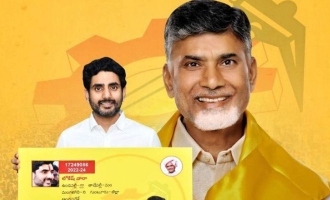

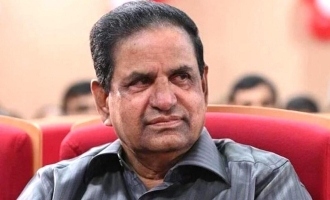

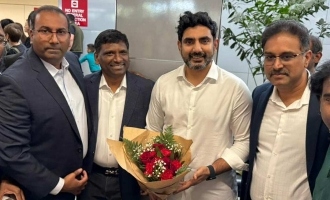
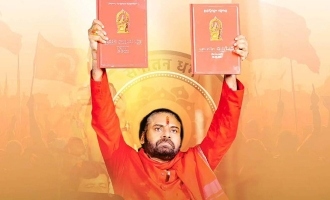




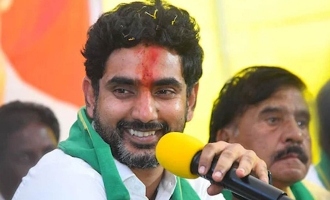
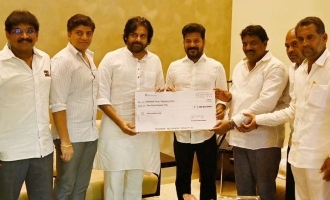


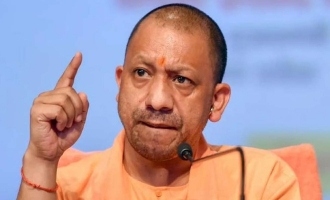
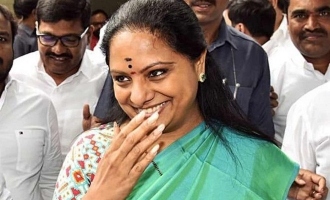
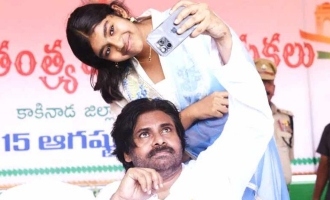



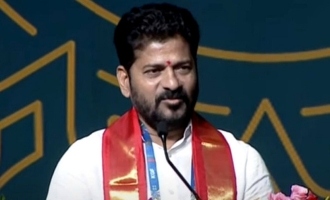







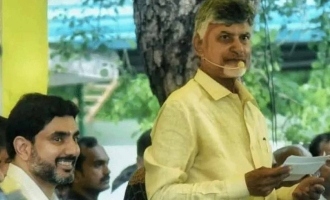

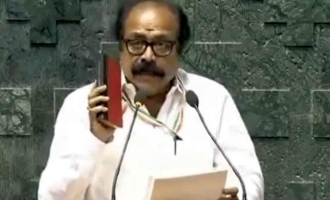


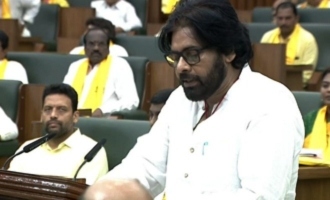

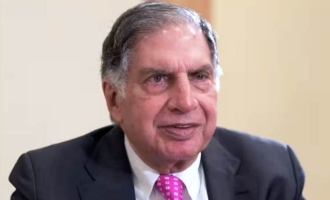

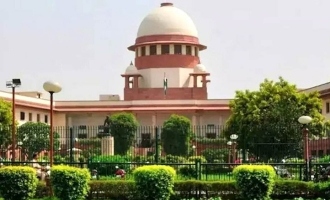
-a3e.jpg)
-3c4.jpg)
-e5c.jpg)
-e66.jpg)
